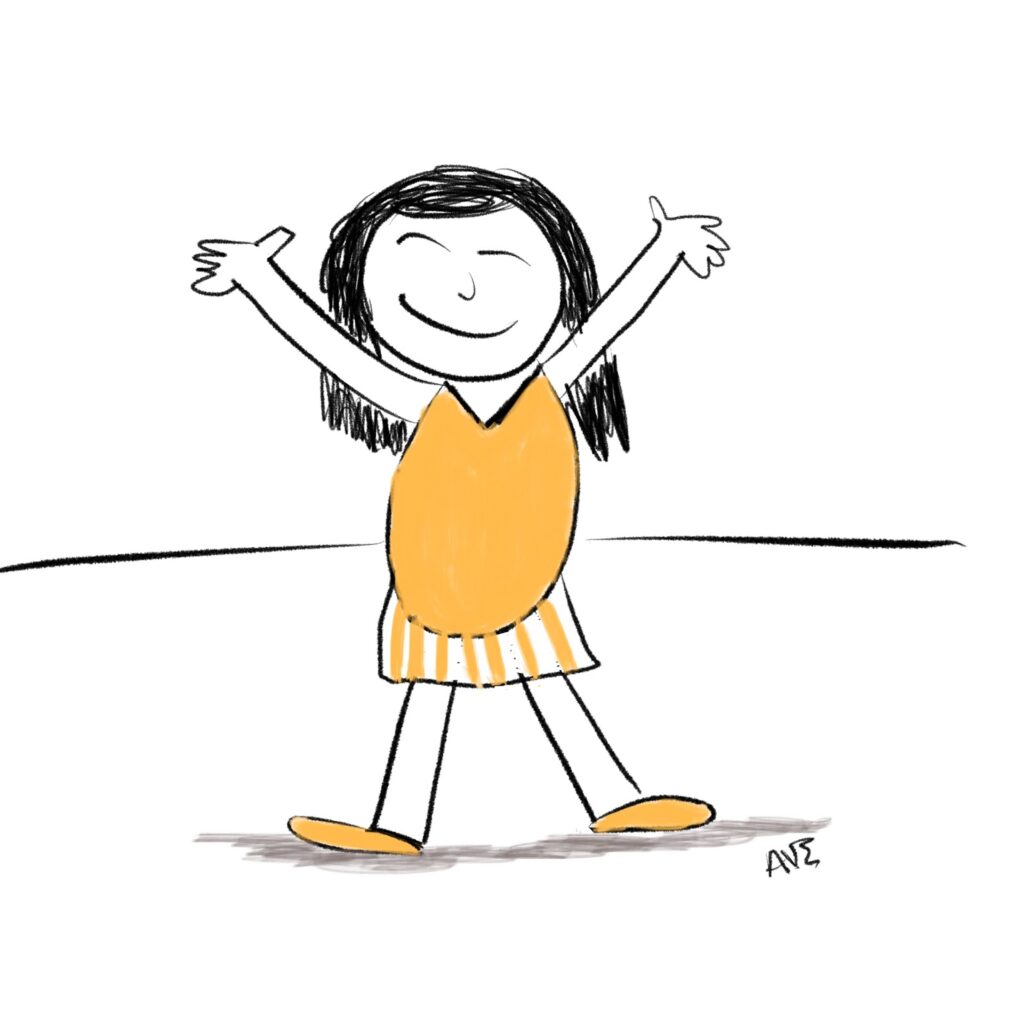
“How could he say that in the meeting?! I can’t believe it. He makes me look bad. I can’t trust him. I’ll show him.” This is what my executive client shared about what he was feeling when a colleague said negative things about him and his team. How do you think he responded?
While his instinct was to say a cutting remark or to not speak with his colleague, my client was able to notice his reaction, stop a moment, breathe and respond. In fact, he paraphrased what his colleague said and gave him empathy, saying, “I see you are frustrated by the low numbers.” His colleague agreed he was upset and apologized for his tone. Then my client asked questions, listened and they developed a plan together. My client learned how to check in with himself and ask, “Are you open?”
Being open allows us to be at choice in how we respond. Too often we unconsciously react. This is especially true when we feel threatened and have a knee-jerk reaction of fighting, fleeing or freezing. In these states our amygdala is stimulated and cortisol flows through our bodies. Energy is diverted from our rational prefrontal cortex and we are not at our best to analyze a situation and choose the most effective course of action.
When we see the value and make the intention to be open, we are more likely to notice when we are closed or stressed. We can then choose to step back and see things from a larger perspective. We can notice our emotions such as anger rather than just experience anger. When we build the muscle and habit of stopping and stepping back when we are contracted and feel “right”, we are open to more possibilities. The skill of noticing and shifting to being open is one of the most valuable leadership skills these days. You will be able to appreciate different points of view, learn, and be more innovative and creative.
We know the costs of polarization and closed-mindedness. When people learn how to be open-minded and to engage in positive and productive conversations, we are more likely to create shared solutions to the challenges facing the world, workplaces, communities and families.
Notice if you are reacting in a knee-jerk way or if are you open, present, curious and at choice.
